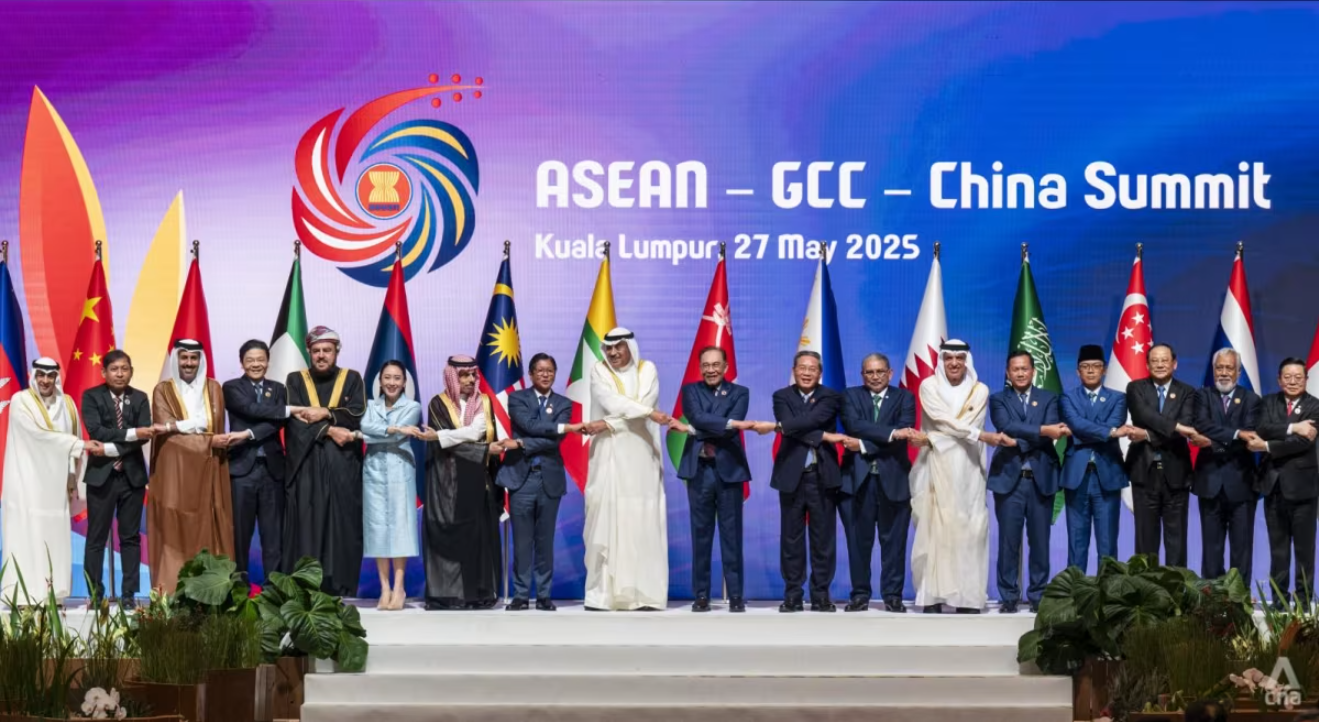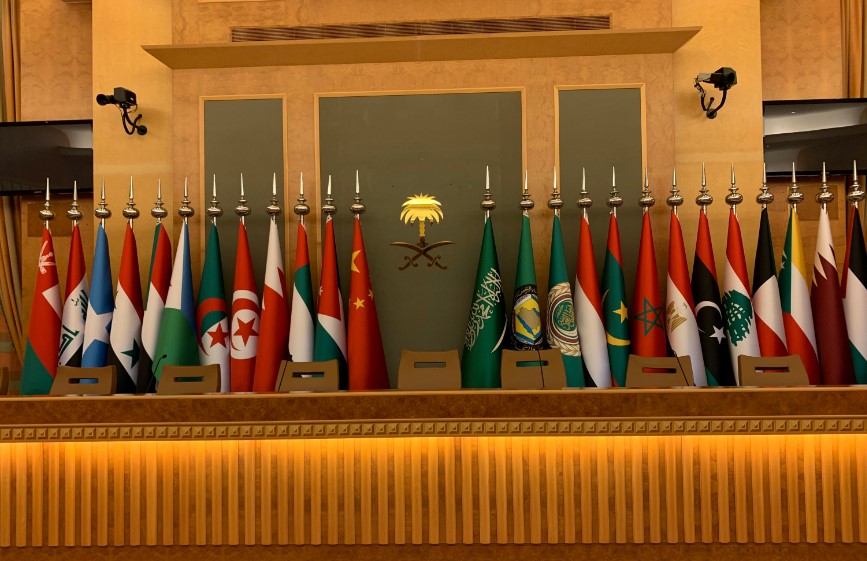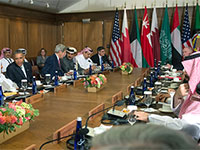
Sujit Kumar Datta, Former Chairman of Department of International Relations, University of Chittagong, Bangladesh
Jun 06, 2025
Regional trade alliances and economic integration — especially the one emerging between China, ASEAN and countries in the Persian Gulf — are offering stability for a global economy on the edge. The world’s poles are shifting to fill the gap left by an increasingly isolationist United States.

Warwick Powell, Adjunct Professor at Queensland University of Technology
May 30, 2025
In the week of 25th May 2025, Kuala Lumpur played host to a landmark event: the inaugural ASEAN-GCC-China Summit. It brought together Southeast Asian nations, the Gulf states, and China - three pillars of the emerging multipolar order - in a signal moment of strategic realignment. While headlines may focus on trade, energy, and infrastructure cooperation, the deeper story lies in a quiet revolution in how the world’s fastest-growing economies trade, settle, and invest - increasingly without the U.S. dollar.

Ghulam Ali, PhD, Monash University, Australia
Jul 03, 2024
Although China’s relations with the Arab Gulf States are expanding and grabbing international headlines, they face a major obstacle. China shuns military alliances, whereas the Arab Gulf States have heavily relied on external security guarantees since their independence. This significant gap in the national strategies of the two sides will prevent the relationship from advancing into higher geopolitical realms, limiting cooperation to secondary areas in an era of shifting power centers. Amidst various ongoing shifts, security matters continue to shape regional geopolitics.
Brian Wong, Assistant Professor in Philosophy and Fellow at Centre on Contemporary China and the World, HKU and Rhodes Scholar
Jan 19, 2023
Recent headlines have broadcasted the Gulf Cooperation Council’s new deal with China, with tens of billions of dollars. Some may see it as a signal of a coming divorce with the West, but careful analysis reveals that the GCC can balance relations to both sides.
James Hinote, Geopolitical Strategist
Jan 11, 2023
President Xi Jinping’s recent visit to Saudi Arabia seeks to disrupt the U.S.’ influence in the region and deepen relationships with one of the largest oil exporting countries in the world, with the signing of multiple agreements. Each move put more pressure on the U.S. to reevaluate its relationship with Saudi Arabia.

Wu Sike, Member on Foreign Affairs Committee, CPPCC
Jun 01, 2015
It is in the interests of China and the United States, as well as the region and the world beyond, to have peace, stability and development in the Gulf and the Middle East. Washington’s recent summit with Gulf states reflects both the challenges and its enduring commitment to security concerns there.
Wu Sike, Member on Foreign Affairs Committee, CPPCC
Feb 12, 2013
The development of shale gas technology is expected to rapidly change the global energy landscape, world economy and geopolitics, as we know it. As the United States prepares to become a major exporter of natural gas by 2020, cooperation and mutual trust are vital to ensure stability in the Middle East and beyond.
Back to Top

- China-US Focus builds trust and understanding between the U.S. and China through open dialogue among thought leaders.
- Our Offerings
- Topics
- Videos
- Podcasts
- Columnists
- Research Reports
- Focus Digest
- Stay Connected
-
Thanks for signing up!
- Get the latest stories from China-US Focus weekly.